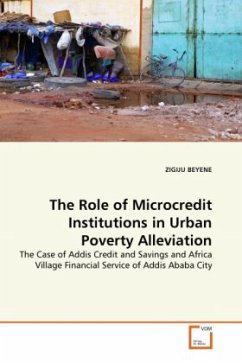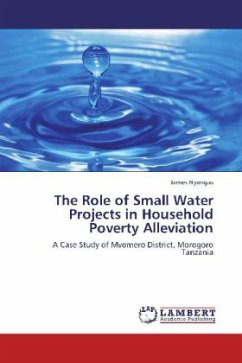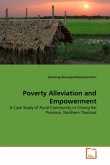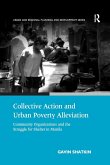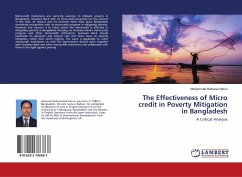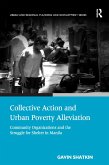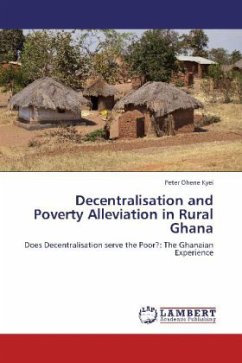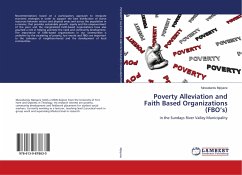Poverty is a concern of all countries in the world regardless of their level of development. The whole purpose of development is fighting against both urban and rural poverty and reducing it to the possible minimum level through different intervention mechanisms. Microcredit is considered to be one of these intervention mechanisms of poverty alleviation. On the one hand, microcredit is seen as a panacea for poverty alleviation. On the other hand, impact assessment studies have challenged the conventional wisdom of the poverty impact of microcredit. This study focuses on the comparative analysis of two microcredit institutions (AdCSI and AVFS) operating in Addis Ababa City in order to know the extent to which these institutions are contributing towards urban poverty alleviation. It is found that AdCSI and AVFS failed to alleviate poverty in Addis Ababa for very different reasons: AdCSI has effectively excluded the poor, and AVFS has failed to improve the situation of the poor. Hence, the study has come up with the finding that could add value to the existing body of knowledge in the discipline of development studies in general and microcredit in particular.
Bitte wählen Sie Ihr Anliegen aus.
Rechnungen
Retourenschein anfordern
Bestellstatus
Storno

